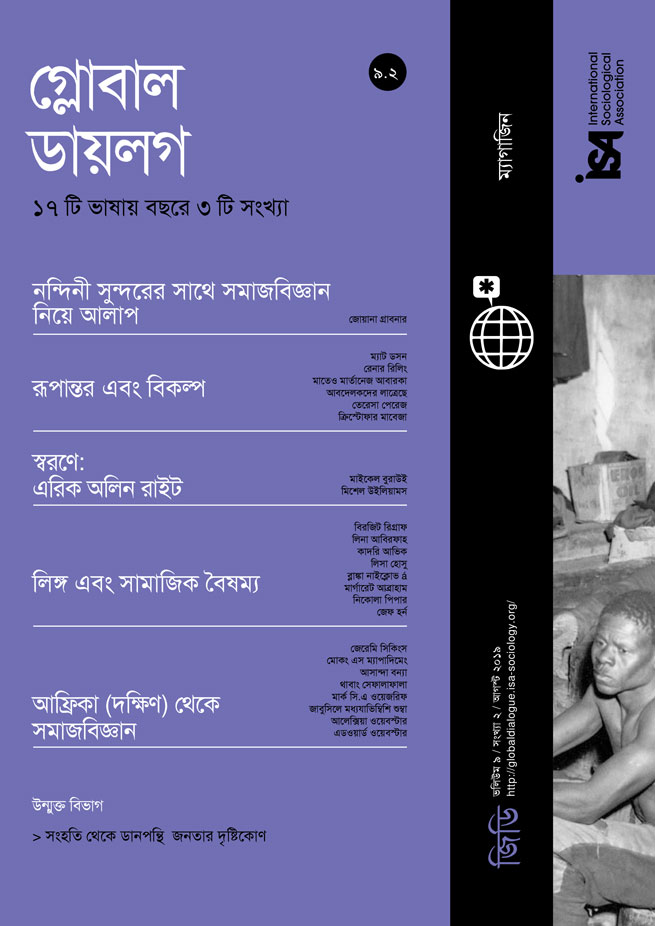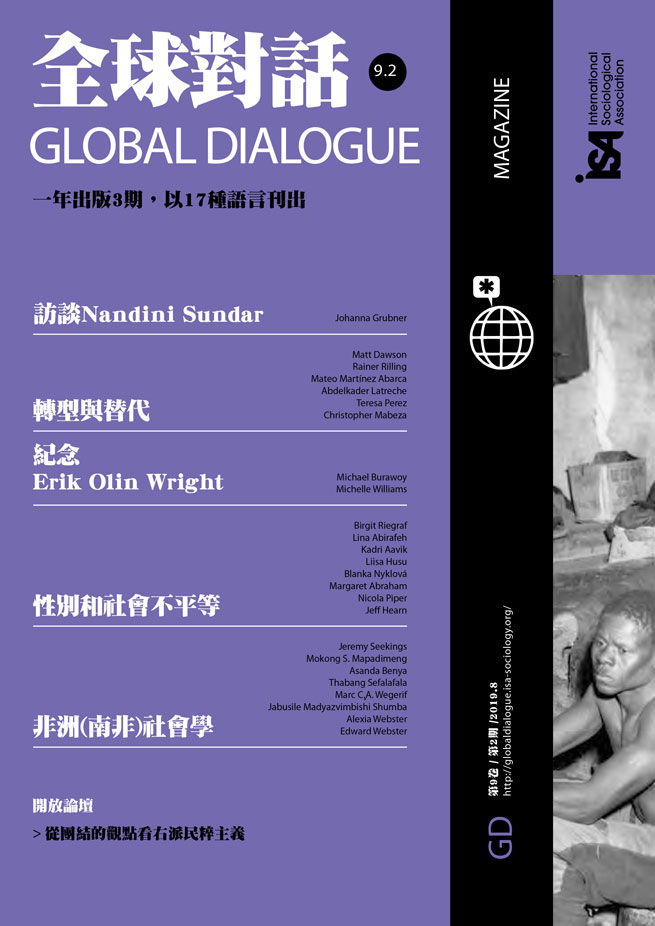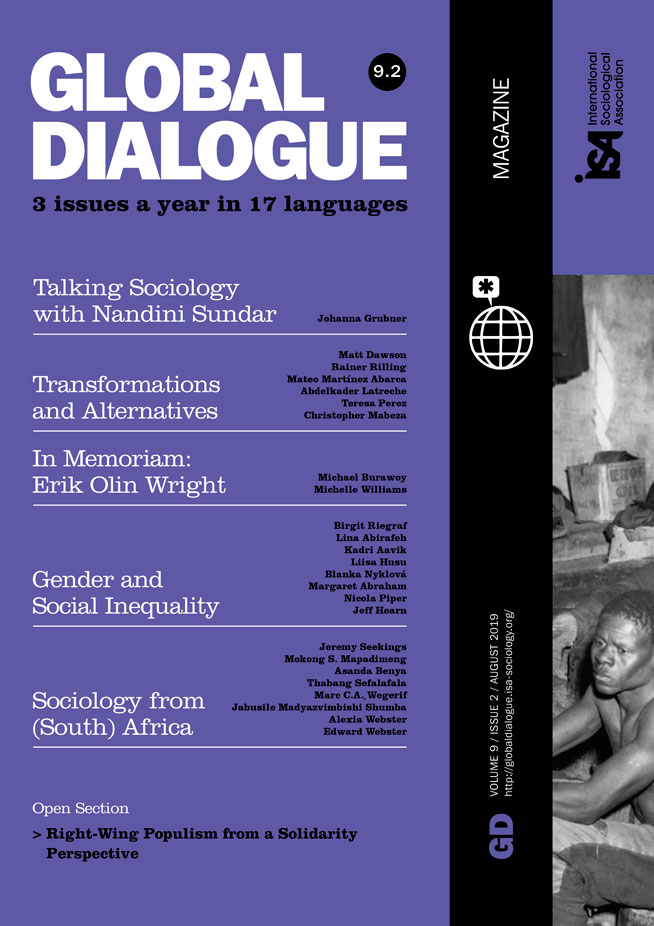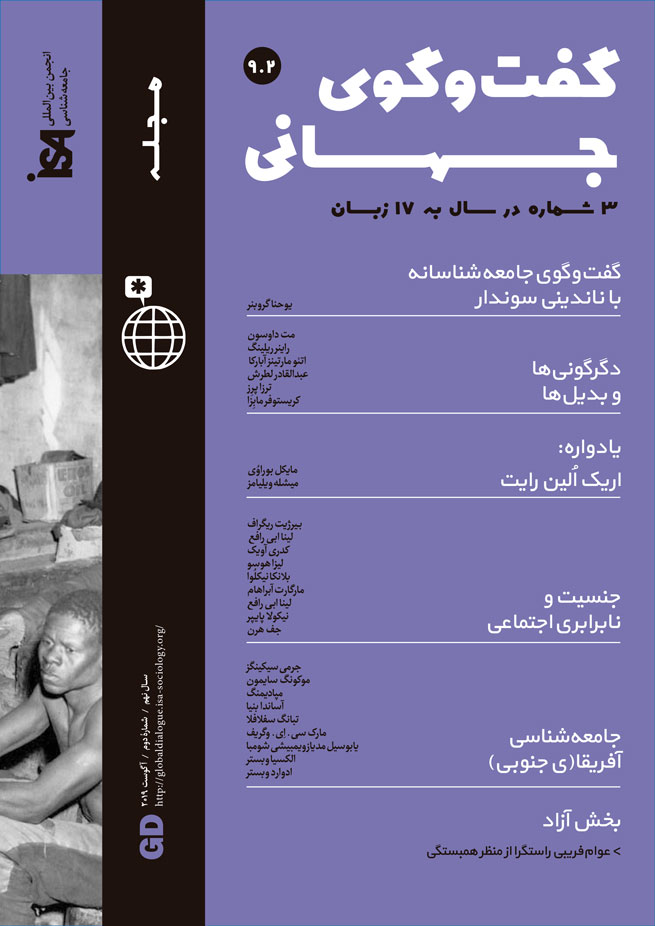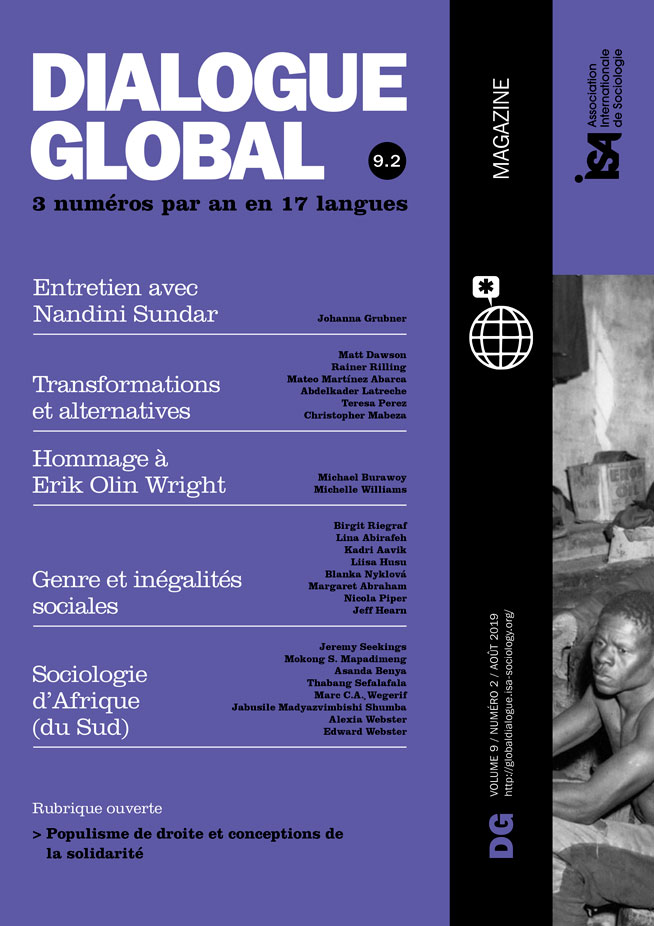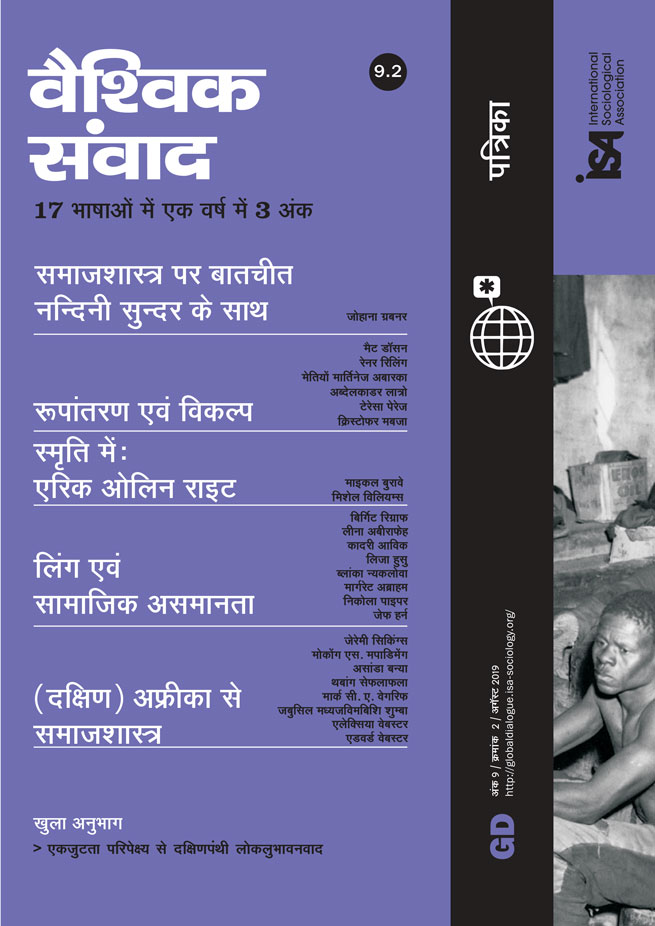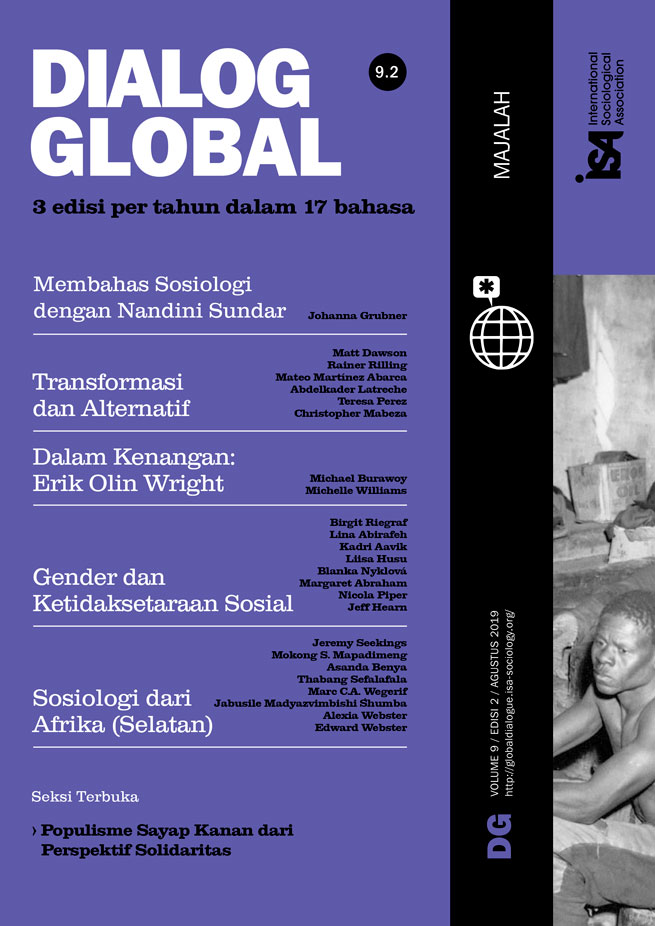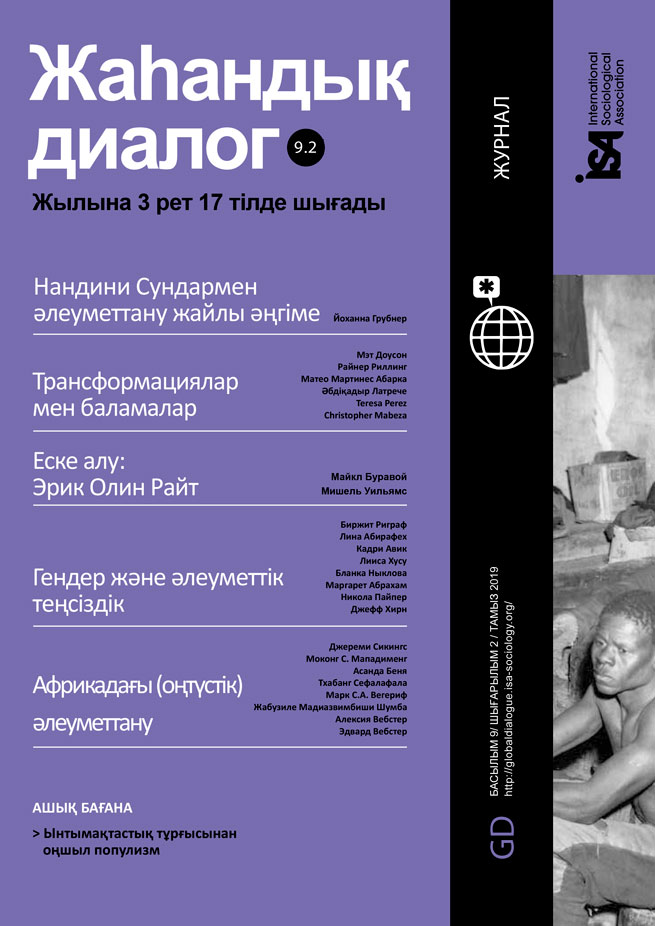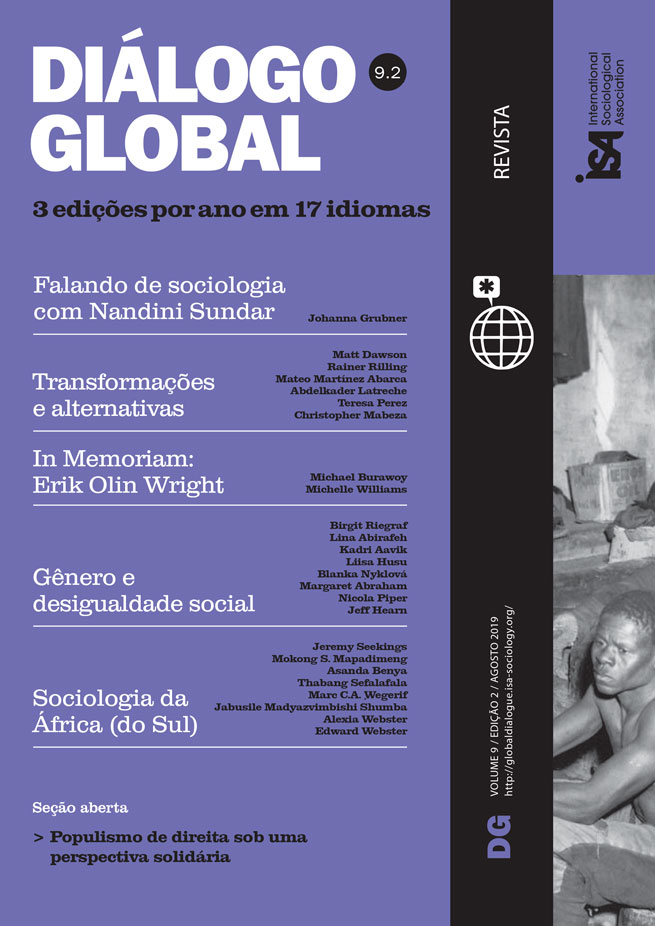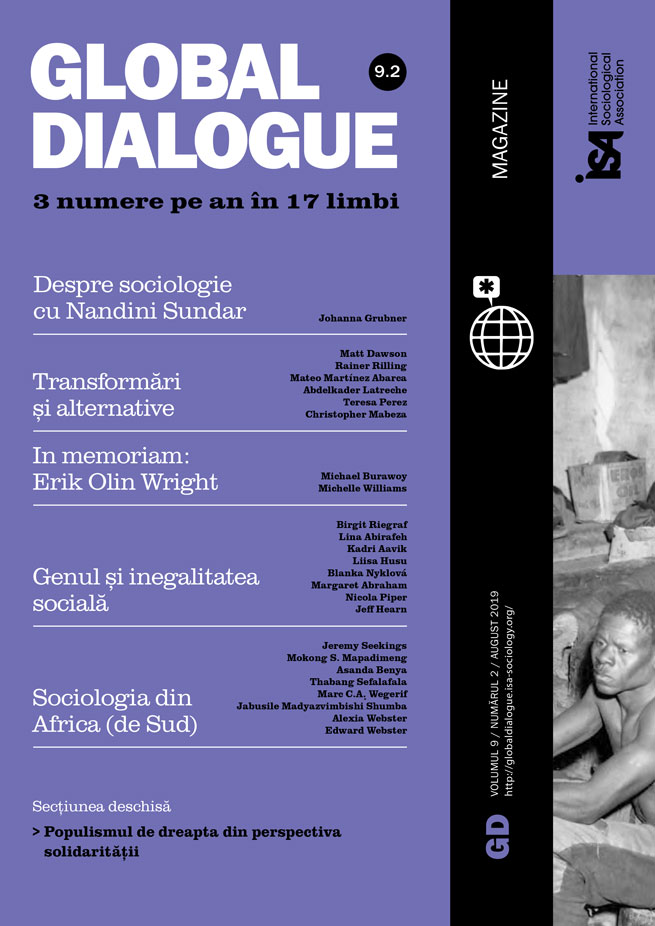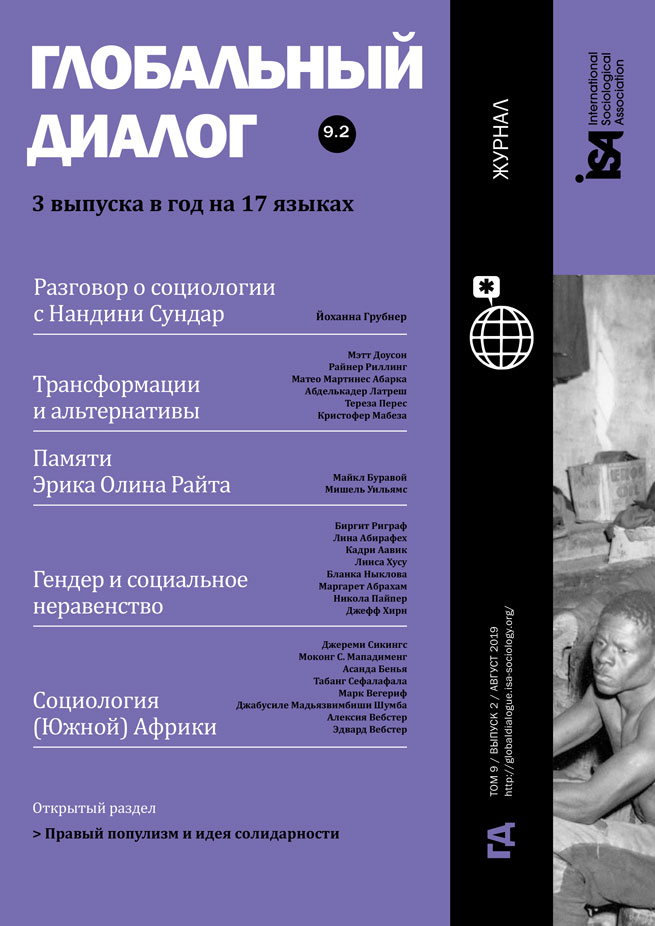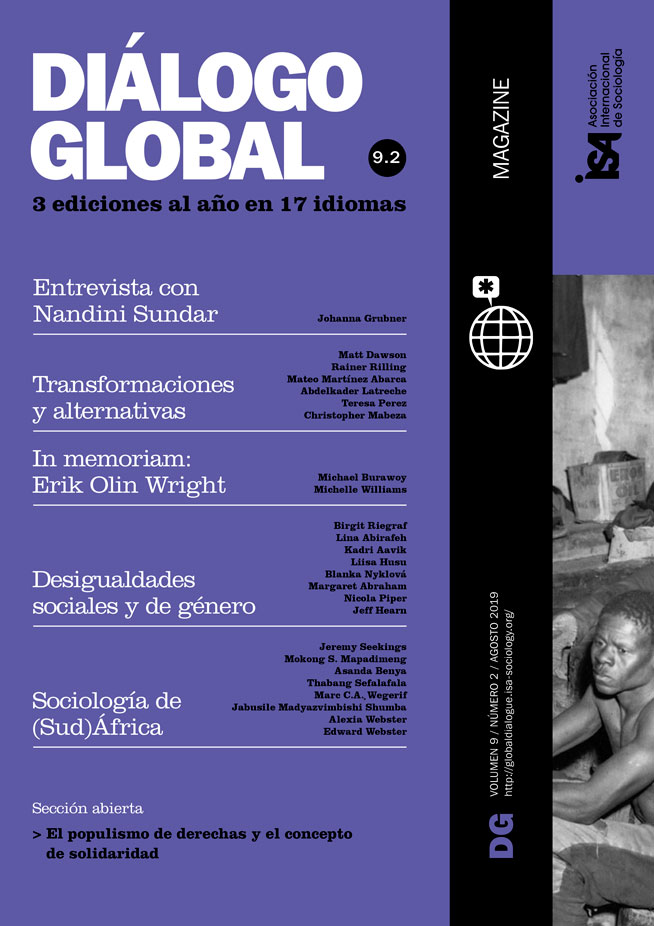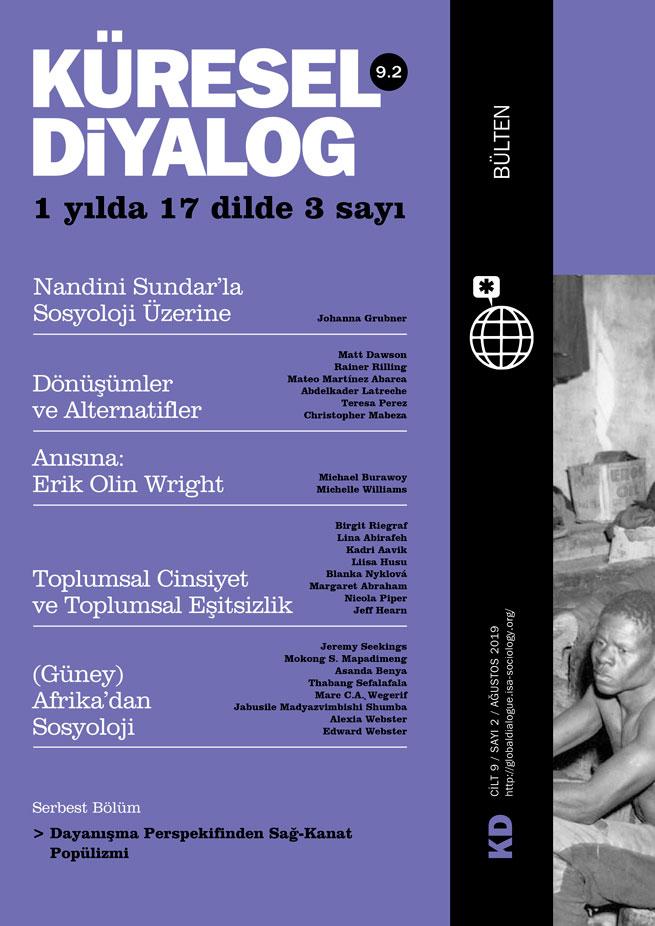Right-Wing Populism from a Solidarity Perspective

June 21, 2019
Far-right parties in Europe have benefitted from intensified socioeconomic change following the financial and economic crisis in 2008 as well as from declining trust in public institutions. Since the turn of the century, many of these parties have put the social question on their political agenda. Having had migration always as a central issue, these parties could successfully use the arrival of large numbers of refugees in 2015 to mobilize resentment and hostility among the populations. Their trump card of welfare chauvinism is thus based on both a more welfare-state-friendly rhetoric and a more aggressive xenophobic stance. In this process, the far right has laid a claim to the concept of solidarity and no longer leaves it to the political left. For example, the Hungarian Prime Minister Viktor Orbán presented the closing of Hungarian borders to refugees as an act of European solidarity.
The research project “Solidarity in times of crisis” (SOCRIS)[1] takes symbolic struggles over the concept of solidarity as its starting point. By symbolic struggle, we mean controversies in which (collective) actors try to impose their vision of the social world on others. This relates both to what we consider to be right or wrong, good or bad, valuable or worthless and to “symbolic boundaries” that separate people into groups and generate feelings of similarity and belonging. The project focuses on Austria and Hungary, countries affected very differently by the economic crisis but showing similar political developments. Using methodological triangulation of quantitative and qualitative data, SOCRIS provides a deeper understanding of the complex relationships between societal change and political subjectivity.
To analyze concepts of solidarity and the related symbolic struggles, we took into account the dimensions of the scope or boundaries of the imagined community of solidarity, the foundations of solidarity, and solidary activities, for example, in civil society. The SOCRIS survey, conducted between July and September 2017 in Austria and Hungary, was based on representative samples of working–age individuals. The analyses of the data provided an in-depth understanding about who people express solidarity with, when and why people feel responsible for helping others, and whether they are in favor of welfare-state support for different groups of people.
One important research question was: What types of different solidarity concepts can be discerned in countries that seem to be deeply divided, for example, over issues of refugee support, means-tested social benefits, or state support for the Roma minority? In order to group people according to their views on solidarity, the survey data were subjected to a statistical cluster analysis resulting in seven groups per country. Surprisingly, some of the groups show similar solidarity concepts in both countries. For example, a “non-solidary and inactive” group is characterized by little support for the welfare state, by limiting solidarity to the family and the neighborhood, and by lacking activities in civil society organizations. On the other pole of the solidarity continuum we find a “solidary and active” group in both countries, i.e. people showing a pattern of solidarity characterized by strong support for the welfare state and high levels of activity in civil society organizations. Yet, the scope of solidarity in this group differs between the countries: While in Austria people show concern for all humankind, in Hungary concern is limited to the national level.
However, a large majority of the population could be located between these extremes. There, we could identify several other groups showing different combinations of foundation and scope of solidarity as well as levels of activity. Some of the patterns only exist in one of the countries but the most conspicuous country difference relates to the size of the groups. If we take the groups or the types of solidarity together and only distinguish between exclusiveness and inclusiveness, i.e. whether people are in favor of ethnic and nationalist closure or show universal solidarity, we see that 62% share some form of inclusive solidarity in Austria whereas this is only the case of 39% of the respondents in Hungary. Conversely, some 40% of Hungarians show a clearly ethnically or nationally limited solidarity whereas this applies to 27% of the respondents in Austria.
Because of the strength of xenophobic and welfare chauvinist parties in both countries, we were also interested to see whether the solidarity patterns match party preferences. As expected, the strongest support for extreme and populist right-wing parties can be found among the non-solidary and nationally-exclusive solidary clusters in both countries. However, we also find that a substantial share of people in the most inclusive clusters (20% in Hungary and some 15% in Austria) are supporters of these parties. This means that some people vote for these parties not because of, but despite, their xenophobic and welfare chauvinist stance. It should also caution us against assuming that the far right simply represents attitudes existing in the population as people may be attracted to it for quite different reasons.
In contrast to large parts of the current debates on right-wing populism, the results of the SOCRIS project indicate that it is not only one particular social group, such as deprived blue-collar workers, whose voting behavior explains the success of far-right parties. While lower status, deprivation, and feelings of political powerlessness are indeed important factors, surprisingly a considerable part of sympathizers of both Austrian and Hungarian far-right parties are well-off, feel appreciated, and have benefitted from recent socio-economic changes.
The solidarity perspective contributes to our understanding of cleavages in societies and support for the far right. There is a certain match between solidarity concepts and party preferences. Yet, in spite of the importance of welfare chauvinism, we cannot trace back the success of these parties simply to “exclusionary solidarity.” For one, in contrast to their rhetoric the parties do not even support a developed welfare state for the national in-group. What is more, solidarity patterns are often rather complex and the ensuing ambiguities and contradictions provide a certain openness for political mobilization from different sides.
[1] The project is funded by the Austrian Science Fund FWF (Nr. I 2698-G27) and the Hungarian Scientific Research Fund OTKA (Nr. ANN 120360).
Jörg Flecker, University of Vienna, Austria, and member of ISA Research Committee on Sociology of Work (RC30) <joerg.flecker@univie.ac.at>
Carina Altreiter, University of Vienna, Austria
István Grajczjar, University of Vienna, Austria
Saskja Schindler, University of Vienna, Austria


